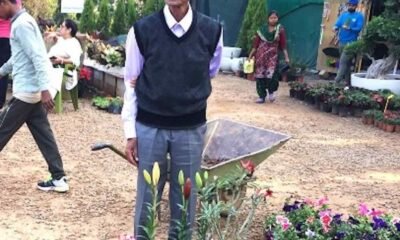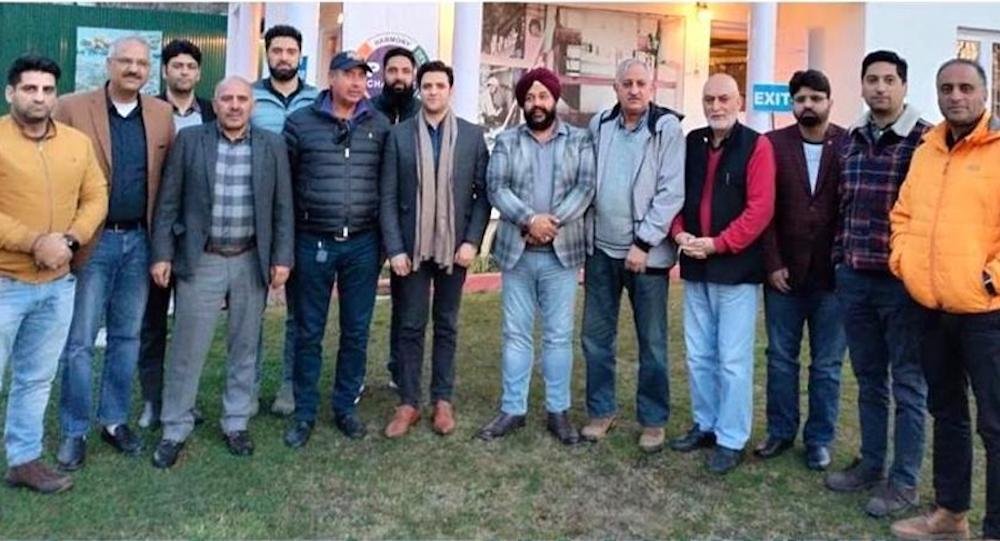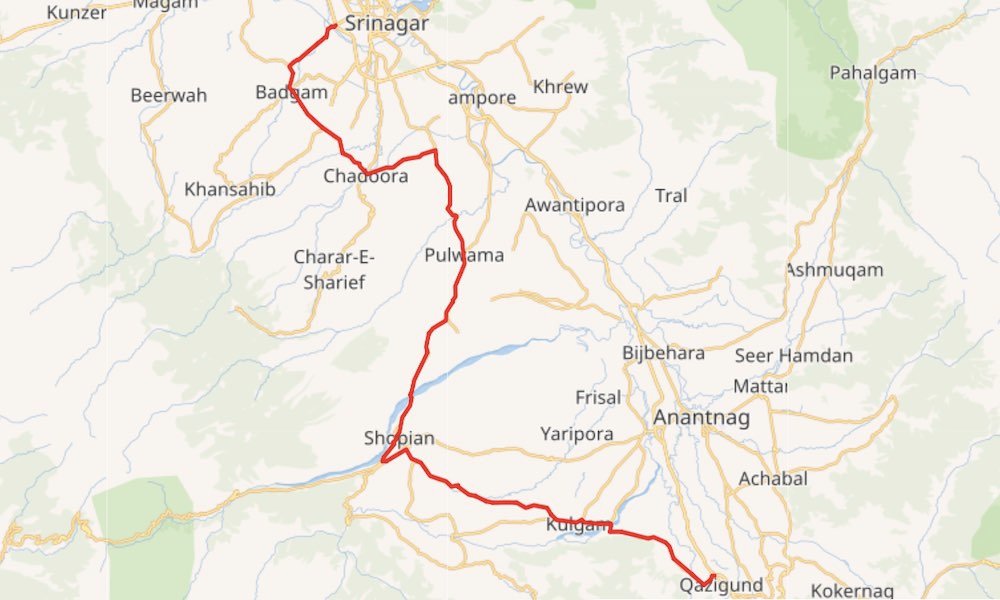BK News
Srinagar, Sept 8: Jammu and Kashmir Government today issued detailed guidelines for effective implementation of Jan Abhiyan starting across the UT from September 10, 2020 – twenty one days ahead of the Back to Village phase III programme.
As per an order issued by GAD, the twenty one day public campaign will broadly focus on three essential components viz delivery of essential services, development needs & grievance redressal.
“The B2V3 shall be preceded by a buildup of 21 day Jan Abhyan/ Awami Muhim, which includes implementation of its three essential components viz; Adhikar Abhiyan/ Muhim Barai-e-Haqooq, Unnat Gram Abhiyan/ Dehi Taraqiyati Muhim and the Jan Sunwai Abhiyan/Awami Sunwai Muhim” the order stated.
The Adhikar Abhiyan or the Muhim Barai-e-Haqooq provisions that the district administration shall identify the target population for every service, individual beneficiary schemes and various certificates in order to ensure that 100% of target population is covered.
Special camps shall be held for the purpose at District/Sub-division/Tehsil/Block/GP Levels. The services to be provided shall include (but not be limited to) issuance of Domicile, SC, ST, RBA, ALC, OBC certificates, Pensions, scholarships, Aadhar cards, KCC, Gold Cards, 3K health Scheme Cards, MGNREGA wage payments, PMAY sanctions and PMKISAN, Labour Cards, PM Matrutva Vandana Yojana, Ladli Beti, Construction Workers’ Welfare Board benefits etc; MVD services like driving license, registrations etc; Any other important public oriented scheme or services to be covered such as revenue documents which a Deputy Commissioner may consider doable.
For students, provision of SC/ST/Other Certificates and application for scholarships shall be 100 percent. No child should be left out.
Detailed report regarding the target population and the coverage with specific emphasis on achievements during JAN ABHIYAN/AWAMI MUHIM period shall be prepared and handed over to the visiting officer before B2V3.
Unnat Gram Abhiyan/Dehi Taraqiyati Muhim aims for a mega push towards development activities by taking up of maximum possible MGNREGA works on ground, commencement of works already approved under the 14th FC plan, execution of District & UT plan works and also implementation of other Centrally Sponsored Schemes.
The main components would be 14th FC works and their payment; MGNREGA works and their payment; B2V works and their payment; CSS/ PMDP/ District Plan/ State Plan works and payments; PMAY payments and completion of houses Special thrust shall be laid on follow up of B2V1 and B2V2 for each panchayat which may include; Taking up, completion and payment of at least two priority works identified during the two earlier phases for which money shall be separately released to the districts; Closing all complaints/ problems/ administrative issues raised during the earlier phases satisfactorily; Ensuring long term activities are prioritised and accommodated under UT plan/ CSS by concerned administrative department; Preparation of an ATR regarding the B2V1 & B2V2 based on the above; Panchayat wise format for ATR mentioning Problems, Public Requirements and Complaints for earlier two phases.
Each Deputy Commissioner shall prepare a district level plan based on an activity or product such as dairy, horticulture, tourism, village industry, mining which will boost economic activity or income levels in the district. This shall be a private sector lead activity with very limited government intervention and little or no financial support by the government.
The Jan Sunwai Abhiyan or Awami Sunwai Muhim will focus on to improve service delivery and redressal of public grievances by getting together all functionaries at pre-determined times and places and under the supervision of a senior officer.
The Deputy Commissioner and senior District Officers shall draw up tour rosters to ensure that each and every block is visited by Deputy Commissioner alongwith the District Superintendent of Police personally and at least one more senior officer (other than Nodal Officer) over the three week Jan Abhiyan/Awani Muhim Period.
Youm-e-BIock/ Block Diwas shall be held on the three Wednesdays i.e. 16th, 23rd & 30th of September, 2020, falling in the period of Jan Abhiyan/Awani Muhim.
The Youm-e-Block/ Block Diwas shall focus at on the spot redressal of grievances and providing of services. Concerned Block Level Officers/Officials of each Department shall be present at the designated location for the purpose.
Meanwhile, the order states that “All the Administrative Secretaries shall visit their allocated district atleast once during Jan Abhiyan/Awami Muhim and issue directions to the concerned field staff to participate actively in all its activities.
The Administrative Secretaries/HoDs shall not call field officers/officials from subordinate offices during the period of Jan Abhiyan/Awami Muhim and B2V3.
All the Deputy Commissioners/HoDs and other Officers shall conduct extensive field tours during the Jan Abhiyan/Awami Muhim phase and ensure that the services listed above as part of the three components are provided to public. They shall ensure that necessary steps for their implementation are taken well before the formal commencement of the B2V3.
All complaints received and administrative issues raised during B2V1 and B2V2 and those received during Youm-e- Block/Block Diwas shall be resolved, to the extent possible if they include issues like- shortage of staff in schools, offices, health institutions; Absence of staff; Lack of transportation; Complaints against a particular employee.
The complaints will also be entered in the new Public Grievance System being launched on 10.09.2020.
The Deputy Commissioners shall nominate a senior district officer as nodal Officer incharge of each location for the celebration of Youm-e-Block/Block Diwas Celebrations. The Nodal Officers shall ensure availability of all officers and monitor disposal of all grievances and demands. The locations of the Youm-e-Block/Block Diwas Celebrations shall be notified and widely publicized.
The Concerned Officers of all the Departments shall remain available at Block headquarters or a place designated for the purpose by the Deputy Commissioner for on spot redressal of the public grievances. The field staff shall spent atleast a night in the field in connection with the Youm-e-Block/Block Diwas.
The Deputy Commissioners shall devise mechanisms for disposal/redressal of grievances in consultation with the District Level Officers of the Departments and communicate the same to Nodal Officers/Coordinators in advance.
The Nodal Officer shall submit a Gram Panchayat wise status report of action taken in respect of grievances and demands putforth by the general public during the Jan Abhiyan/Awami Muhim. The Deputy Commissioner shall further ensure that the report is made available to the visiting officer as part of his set of document for B2V3.
The visiting officers of the B2V2 shall informally visit the Panchayats allocated to them and shall take stock of the developmental scenario alongwith the status of disposal of grievances registered during B2V2 and record their observations.
The Deputy Commissioner shall ensure that feedback is taken from the visiting officers on their informal visit to the allocated Panchayats, meetings with the Secretary Incharge (Prabhari) are arranged alongwith training for visiting officers at district level.
The Deputy Commissioners shall ensure IEC activities highlighting the importance of the Jan Abhiyan/Awami Muhim as a build up to the B2V3 are undertaken through print, electronic and social media.
The Divisional Commissioner and Inspector General of Police concerned shall attend to pubic grievances every Tuesday & Thursday from 10:30 to 11:30 a.m. during the Jan Abhiyan/Awami Muhim.
The Deputy Commissioners shall attend to Public Grievances on a five day a week schedule from 10:30 to 11:30 a.m. (except Wednesdays earmarked for Youm-e-BIock/ Block Divas celebrations).
All the District Officers shall remain available in their offices to assist the Deputy Commissioners in disposing these grievances.
No leaves except on the grounds of medical exigencies shall be sanctioned during the period of Jan Abhiyan/Awami Muhim.

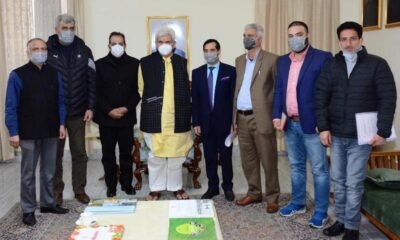

 Industry5 years ago
Industry5 years ago


 Economy3 years ago
Economy3 years ago
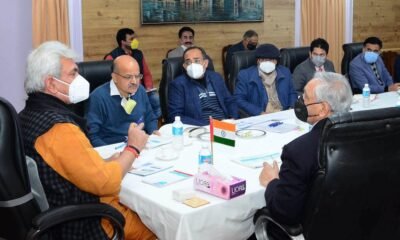

 Energy5 years ago
Energy5 years ago
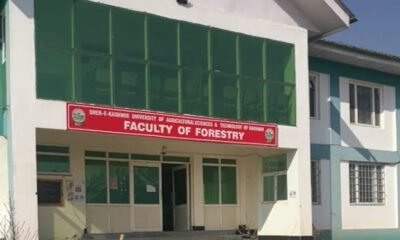

 Infra5 years ago
Infra5 years ago
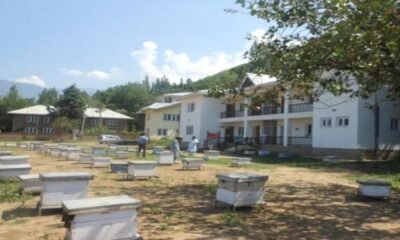

 AgriBiz5 years ago
AgriBiz5 years ago


 Review5 years ago
Review5 years ago
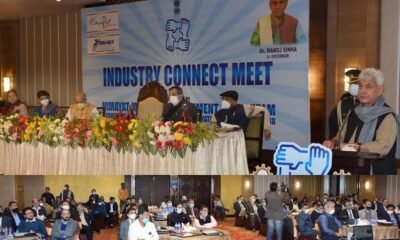

 Jobs5 years ago
Jobs5 years ago


 Industry5 years ago
Industry5 years ago












